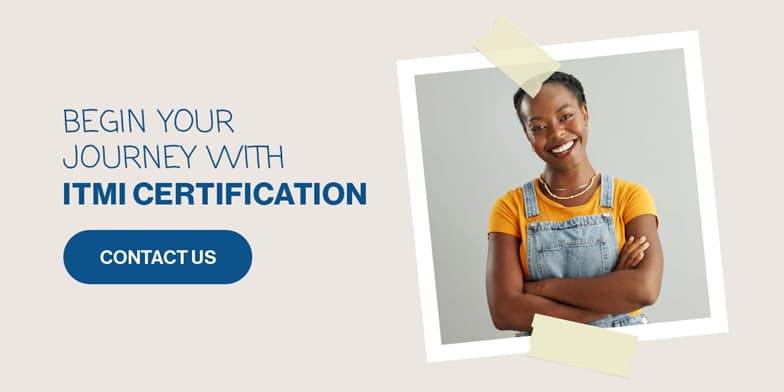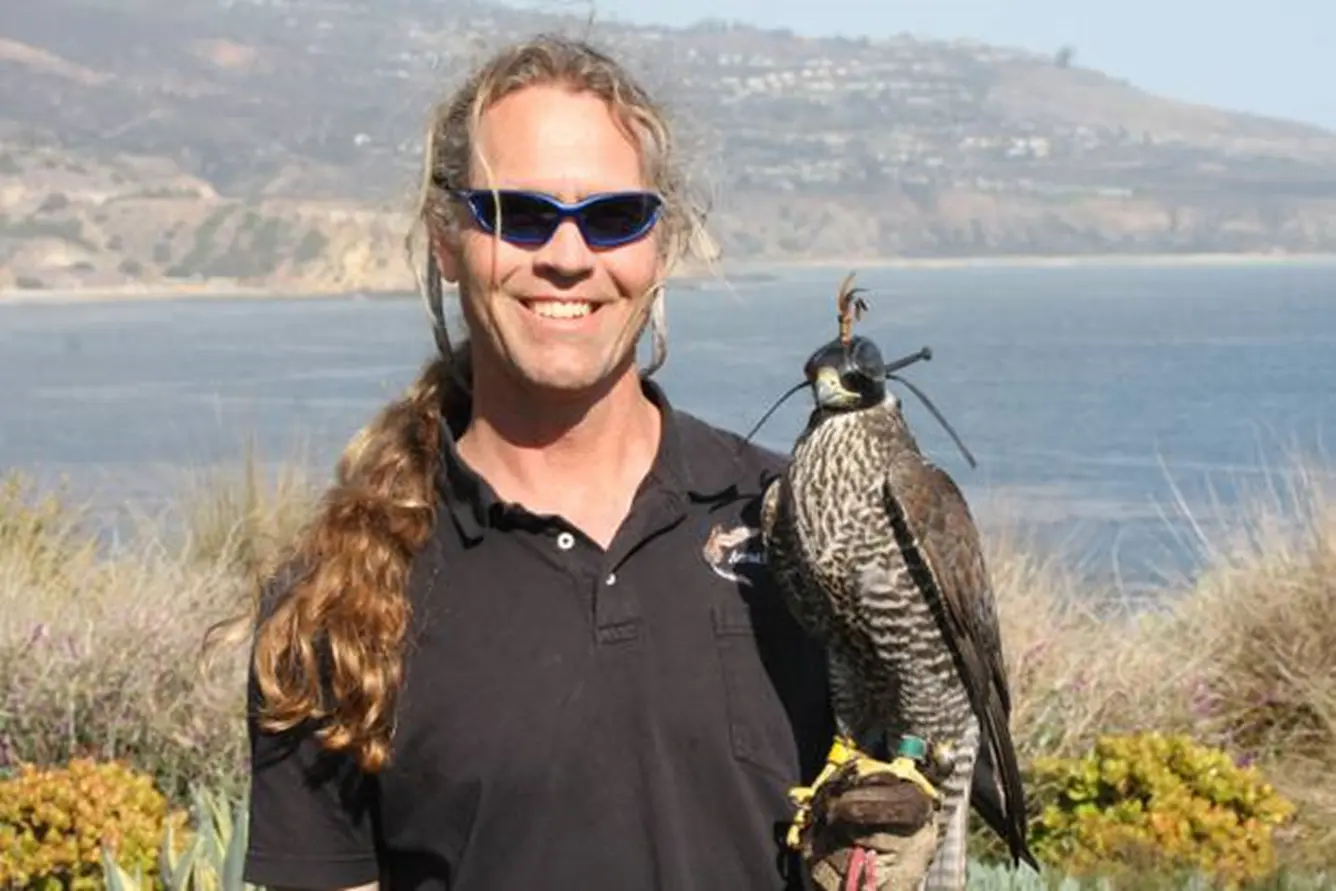Why Do Some Groups Flow and Others Fall Apart?
You planned the perfect itinerary and offered thoughtful choices, but now it’s a chaotic mess. One traveler is asking to add a last-minute museum stop, another is annoyed they didn’t get to sit down for lunch, and a third is simply not following the schedule. Somehow, it still feels like your fault.
This isn’t just about pizza or museum hours. It’s about people.
Welcome to the psychology of group travel. If you’ve worked with enough groups, you’ve seen firsthand how personalities collide, melt down, or harmonize. The secret to mastering this is understanding how different personalities think, choose, and respond under pressure.
The Illusion of Choice (And Why It Backfires)
Tour leaders are taught to empower guests by offering options. After all, who wants to feel trapped on a trip they paid thousands for? But here’s the trap: even if the guest made the decision, you might still take the blame when the outcome isn’t ideal.
There’s a delicate tension that plays out:
- Giving guests control vs. preserving the flow of your itinerary
- Offering variety vs. managing expectations and time
- Respecting autonomy vs. preventing chaos
Imagine this: You’re in Greenwich Village, 20 people in tow. They’re hungry and late for lunch. You offer two iconic pizza places: Joe’s (quick, counter-service) and John’s (slow, sit-down). Most guests pick John’s. The result? A long wait, a rushed meal, and a delayed schedule. Who gets blamed? You.
To manage this, you need more than logistics. You need to know how people make decisions and how to gently influence them while making it feel like it was their idea all along.
Meet the Birds: ITMI’s Group Travel Personality Types
At ITMI, we go beyond logistics and scenery. We teach a simple but powerful framework that helps guides decode group behavior:
The Birds.
| Bird | Symbol | Traits | In Group Travel… |
| Eagle | 🦅 | Assertive, results-driven | Wants control, fast decisions |
| Owl | 🦉 | Analytical, fact-based | Needs all the details, cautious |
| Dove | 🕊 | Peaceful, empathetic | Avoids conflict, goes with the group |
| Peacock | 🦚 | Expressive, charismatic | Loves fun, attention, and beauty |
These archetypes help us understand guest needs and predict potential friction. But it doesn’t stop with the guests.
Who Are You as a Tour Guide?
Yes, you’re a bird too.
Every guide has a natural way of leading. Maybe you’re an Eagle who likes to keep things efficient and decisive. Or an Owl who loves delivering in-depth facts and organizing every moment. Perhaps you’re a warm-hearted Dove, always defusing conflict and checking on everyone. Or a dazzling Peacock, bringing energy, humor, and charisma to the journey.
Knowing your style helps you notice where your strengths shine—and where your blind spots show. For example:
- An Eagle might get frustrated by slow movers or guests who ask too many questions.
- An Owl might overexplain and lose the group’s interest.
- A Dove might avoid setting boundaries and get taken advantage of.
- A Peacock might lose track of time while entertaining.
Self-awareness sets the foundation for empathy. Once you know yourself, you’re better equipped to see your group.
Pizza, Museums & Meltdowns: Guest Scenarios in Action
Let’s revisit our earlier example, now through the lens of The Birds:
Scenario: Choosing Between Joe’s and John’s Pizza
- Eagle: Just wants the best, fastest option. Tell them Joe’s is quicker and they’re in.
- Owl: Needs info. Is there seating? What’s the wait time? Will there be vegetarian options?
- Dove: Likely won’t speak up. May go with the crowd and quietly endure discomfort.
- Peacock: Will gravitate toward the more vibrant, talked-about place. Sell them on the experience.
Scenario: Adding Another Museum
Let’s say a teacher in a student group wants to add a third museum late in the day.
- Start by affirming the idea: “I love that museum!” (helps Dove/Peacock feel heard)
- Lay out consequences: delays, driver hours, and lost time elsewhere (for Owls)
- Frame the preferred option first (Eagle)
- Finish by letting them own the decision, so no one feels forced or resentful.
This is how a savvy guide honors guest needs while subtly steering the group toward what’s best for everyone.
Influence with Integrity: How to Lead Every Bird
You don’t have to manipulate your guests. Instead, you can guide them gracefully using psychological tools tailored to their personality.
| Strategy | Works Best On | Description |
| Anchoring | Eagle, Owl | Present preferred option first |
| Framing | Peacock | Describe your choice with more flair |
| Affirmation | Dove, Peacock | Praise guest’s suggestion before redirecting |
| Social Proof | Peacock, Eagle | Mention what most guests prefer |
| Contextual Info | Owl | Give details and implications |
| Limiting Choices | All Birds | Reduce overwhelm and stay on schedule |
These aren’t tricks—they’re tools for creating buy-in. When your guests feel heard, informed, and respected, they respond better. You maintain control and harmony.
Lead the Flock with Confidence
You’re not just guiding tours. You’re guiding humans.
Humans have preferences, quirks, stressors, and desires. The Birds framework gives you a language to decode your guests and a strategy to lead with empathy.
Next time your group feels chaotic, pause. Look for the Birds.
- Calm the Owl with facts.
- Empower the Eagle with options.
- Include the Dove quietly.
- Delight the Peacock with color.
Want more tools? Enroll in ITMI’s and work with your instructor to learn more tips and tricks to tour directing and guiding.
Lead people, not just itineraries. That’s how you become a professional tour director and a transformational guide.


